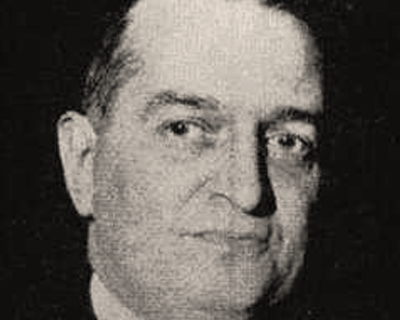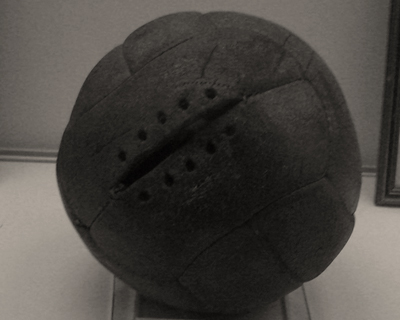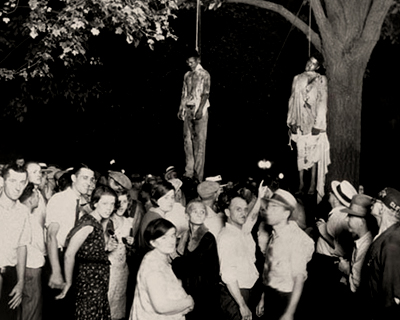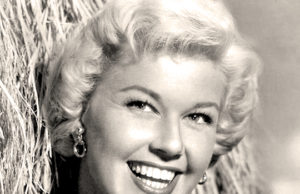Associated Press / Wikimedia Commons / CC-BY-SA-3.0 / GFDL
1 – Haile Selassie Becomes Emperor of Ethiopia
On April 2, 1930, Ras Tafari Makonnen became Emperor Haile Selassie. Selassie was the last reigning monarch of Ethiopia’s Solomonic Dynasty.
The Solomonic Dynasty traces its ancient ancestry to King Solomon of Israel and the Queen of Sheba, biblical figures who may have lived during the 10th century BC.
Ethiopia is often acknowledged as the only nation in Africa never to have been colonized, and Selassie emerged as a powerful international figure as other African countries sought independence in the 20th century.
His long reign and enduring policies, such as support for African unity and the abolition of slavery in Ethiopia, earned him a privileged position at international summits.
Selassie’s greatest impact may have been on the island of Jamaica. Jamaican religious leaders adopted a version of his birth name, Tafari (Ras was an official title) and Rastafarians regard Selassie as a god.
Selassie himself remained a Christian throughout his life. Selassie was also one of the highest-ranking diplomats at the funeral of U.S. President John Kennedy.
2 – Astronomers Discover Pluto

Pluto was discovered by the American astronomer, Clyde Tombaugh, on February 18, 1930.
It was the first object to be discovered in what would later be identified as the Kuiper belt.
At the time of discovery, Pluto was considered a planet but was later reclassified as a dwarf planet. Tombaugh also discovered many asteroids.
Tombaugh also called for the serious scientific research of unidentified flying objects, or UFOs.
3 – N.Y. Supreme Court Judge Joseph Crater Disappears

Joseph Force Crater was a New York State Supreme Court Justice who vanished amid political scandal in 1930.
Crater was last seen leaving a restaurant on West 45th Street in New York City. It transpired all his money had been withdrawn from the bank and his stocks had been sold.
He entered popular culture as one of the most confounding missing person’s cases of the twentieth century. Despite massive publicity, the case was never resolved.
Crater was declared legally dead in 1939, and his case was officially closed 40 years later.
His disappearance fueled public disquiet about New York City corruption and was a factor in the downfall of the renowned Tammany Hall political machine.
4 – First-Ever Soccer World Cup Competition Began in Uruguay

The 1930 FIFA World Cup was the inaugural world championship for men’s national association football teams.
It took place in Uruguay from 13 July to 30 July 1930. Uruguay was selected as the host nation, as the country would be celebrating the centenary of its first constitution, and they had successfully retained their football title at the 1928 Summer Olympics.
All the matches were played in the capital, Montevideo, the majority at the Estadio Centenario, which was built for the tournament. Thirteen teams (seven from South America, four from Europe, and two from North America) entered the tournament.
Few European teams chose to participate because of the difficulty of traveling to South America.
In the final, pre-tournament favorites Uruguay defeated Argentina 4–2 in front of a crowd of 93,000 people and became the first nation to win the World Cup.
5 – A Large Mob Lynch Two Young Black Men in Marion, Indiana

Thomas Shipp and Abram Smith were African American men who were lynched on August 7, 1930, in Marion, Indiana, after being taken from jail and beaten by a mob.
They had been arrested that night as suspects in a robbery, murder and rape case.
A third African American suspect, 16-year-old James Cameron, had also been arrested and narrowly escaped being killed by the mob.
He was helped by the intervention of an unknown woman and returned to jail.
Cameron was later convicted and sentenced as an accessory before the fact. After dedicating his life to civil rights activism, in 1991 he was pardoned by the state of Indiana.
The local chapter of the NAACP and the State’s Attorney General struggled to indict some of the lynch mob, but no one was ever charged for the murders of Shipp and Smith, nor the attack on Cameron.









